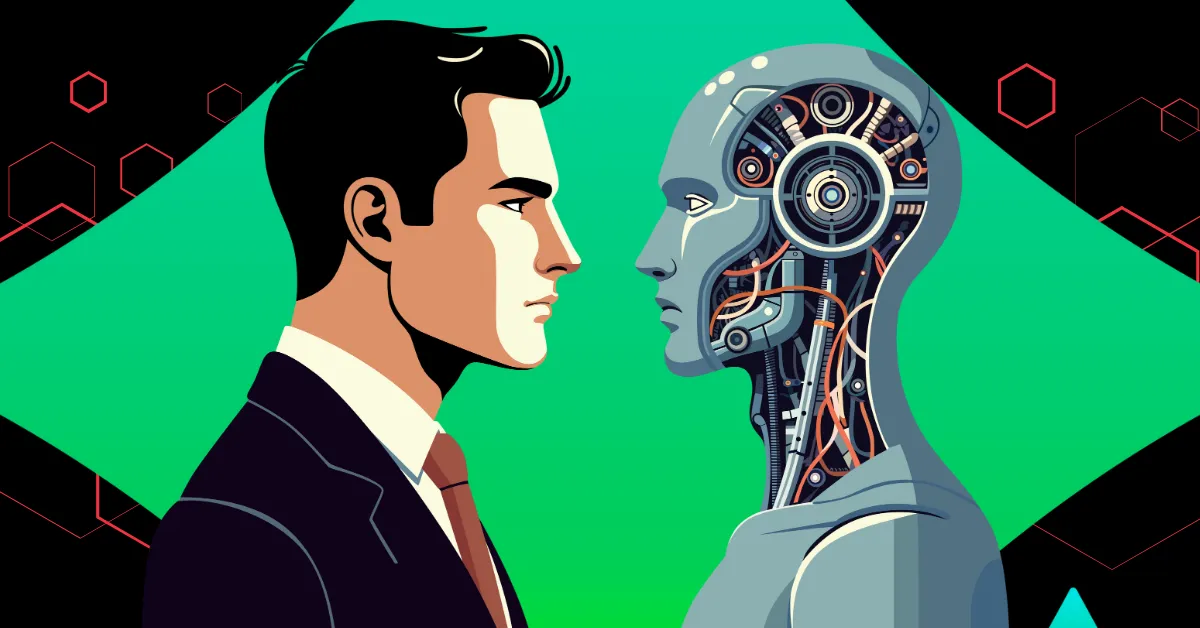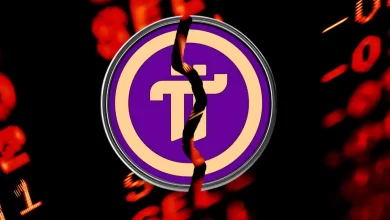
Elon Musk sparked debate on X by asking how many real people remain online amid rising AI bot activity.
Over half of internet traffic now comes from AI bots causing disruptions like ticket scalping and social media chaos.
Musk linked this to his simulation theory, raising questions about reality and the growing challenge of distinguishing humans from machines.
Tesla CEO Elon Musk has once again sparked a big conversation on his X platform with a simple but powerful question: “How many real people are still on the Internet?” He quoted crypto influencer Mario Nawfal, who referenced a report from Singapore’s The Straits Times claiming that AI-powered bots are taking over the internet in 2024.
This statement caught the attention of the crypto community and beyond.
AI Bots Are Taking Over the Web
Musk’s question points to a surprising reality. Over half of all web traffic today comes from bots. But these aren’t just harmless programs – many are AI-driven and cause real problems. They scalpers tickets, exploit travel sites, hijack social media accounts, and create online drama and misinformation.
Nawfal’s tweet even contained a typo, misspelling The Straits Times as “The Straight Times.” This small error might show how AI is affecting even things like spellchecking.
Willy Woo, a well-known crypto trader, jumped into the debate and asked Musk: “How do I know you’re not a machine?” This reflects a growing worry across the digital world – it’s becoming harder to tell if you’re talking to a real person or a bot. This issue is not just on social media but also in blockchain and crypto platforms.
Another X user commented that humans are adapting to machines, which only blurs the line between real and artificial.
Is Our Reality Just a Simulation? Musk’s Bigger Idea
Musk also used this moment to remind followers of his simulation theory. He explained that at Tesla and SpaceX, they run many simulations to predict what might happen because the future is uncertain. By this logic, the people who created our reality might also be running a simulation, trying to understand life and consciousness.
This idea sparked a lively discussion. Many users insisted they are real humans but also pondered the unsettling possibility that we live in a simulation.
Why This Matters
As AI bots become smarter and more common, their impact on social media, online markets, and blockchain raises important questions about trust and authenticity. The crypto community, which values transparency and decentralization, faces a tough challenge in this new landscape filled with bots.
Elon Musk’s question has done more than shock crypto fans – it has opened a global conversation about AI’s growing role and what it means for human interaction on the internet going forward.
Never Miss a Beat in the Crypto World!
Stay ahead with breaking news, expert analysis, and real-time updates on the latest trends in Bitcoin, altcoins, DeFi, NFTs, and more.
FAQs
AI bots are linked to ticket scalping, travel site exploitation, social media account hijacking, and the spread of drama and misinformation.
The rise of AI bots poses challenges to transparency and authenticity in the crypto community, which highly values decentralization and trust.








